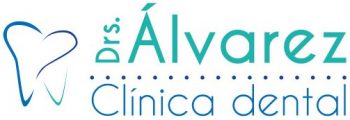Oral health is an important part of the overall health of the child, so it is important to visit the dentist since the early years of life.
Due to the structure of the milk teeth, cavities progress faster reaching the nerve sooner. It is therefore very important to perform regular checks so they do not hurt.
The main reasons that can make necessary to visit the dentist are: bad positioned teeth, dark cavities in the teeth, gum swelling or any kind of blow received to the teeth.
Finally, a good pediatric dentist must have, along with excellent medical knowledge, comprehension and empathy to the patient to make him comfortable and to have no fear when going to the dentist.
